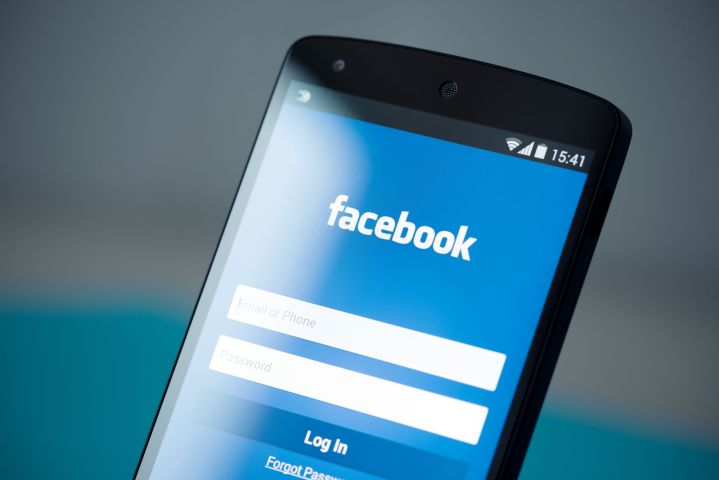
First up: a dedicated chat link for every Messenger account. Presumably for those situations when sending an invite sounds far more arduous than opening a Web browser and typing a link, starting a chat’s now as easy as pecking out the URL m.me/[insert username here] and hitting enter on your keyboard. Messenger will do the rest, automatically opening and starting a session with your chosen participant. Chat links work on the Web and mobile, Facebook says, and are “rolling out gradually.”
Messenger’s gaining another convenience: Messenger Codes. The codes, very much in the spirit of Snachat’s snapcodes, include your Facebook profile picture and an encircling series of blue dots and dashes. Let another Messenger user scan it with their smartphone camera and you’ll be added to their list of chat contacts. Codes, like chat links, will debut in the coming weeks.

Alongside the new features, Facebook announced that Messenger has 900 million active users — just shy of the 1 billion threshold that WhatsApp crossed in February. That makes it far and away more popular than chat competitors such as Skype and SnapChat, which have 300 million users and 100 million users, respectively. And it further secures Facebook’s place in the pantheon of social networks –in August of last year, Facebook’s core site hit 1 billion users in a single day.
The attention to Messenger comes as the service undergoes a concerted transformation from chat app to veritable platform. In March, Facebook partnered with Lyft to offer the ride-hailing app’s services on Messenger (it joined Uber, which gained similar integration in December of last year). That same month marked the launch of a new Spotify playlist-sharing app for Messenger. And more recently, Facebook’s turned its attention to businesses: it launched a tool by KLM Royal Dutch Airlines that sends flight updates to passengers through Messenger, and announced an agreement with Newegg that’ll see the electronics retailer offer customer support through Messenger.
Facebook’s not the only one attempting to build its messaging platform into something greater than a virtual water cooler. At Microsoft’s annual BUILD conference in San Francisco, Microsoft demonstrated new Skype capabilities that’ll allow users to perform such tasks as booking flights and coordinating vacations. But Facebook’s got critical mass in its favor, a factor which will no doubt play a role in the company’s efforts.

